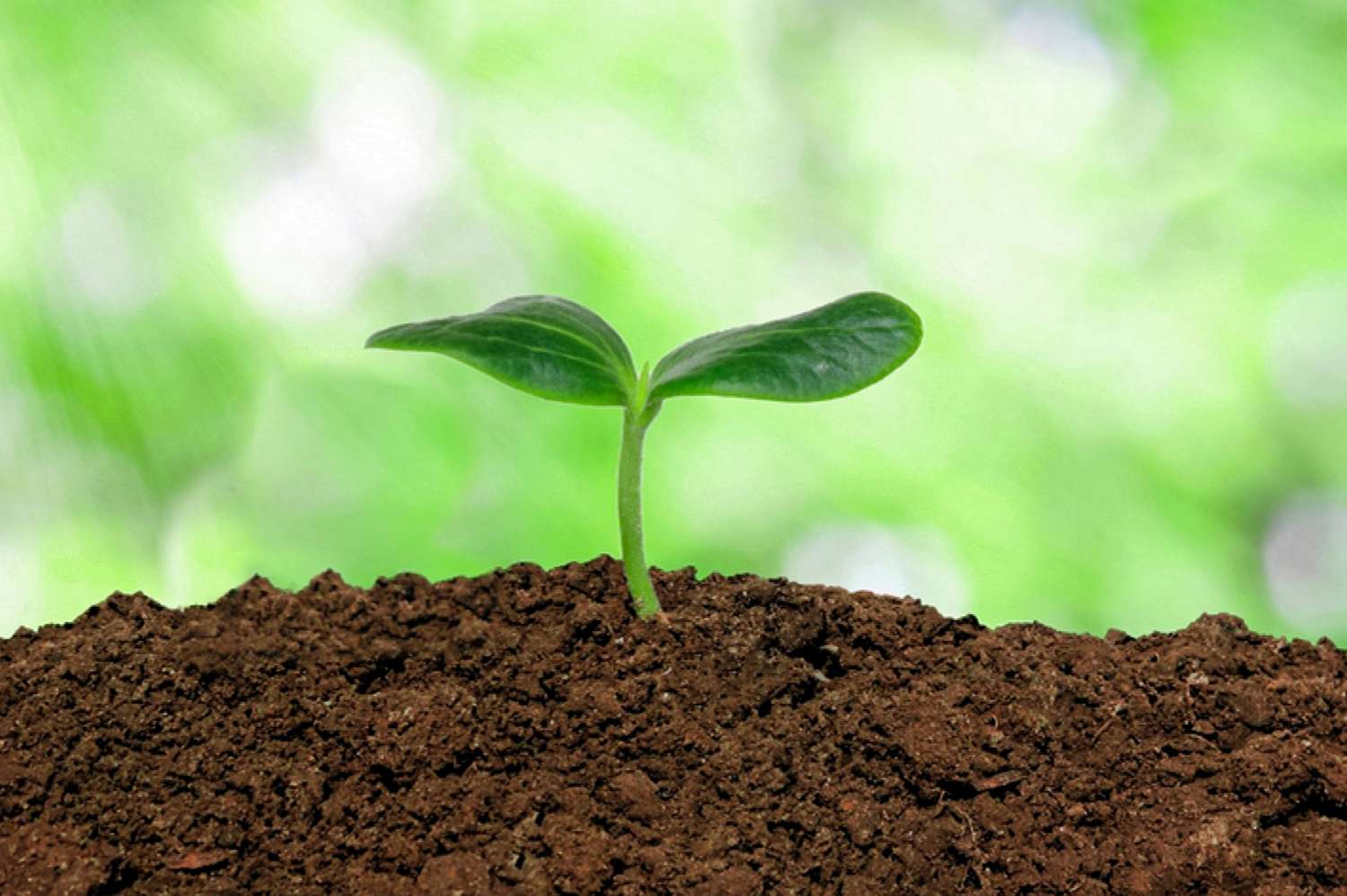For gardening and farming to work well, the land must be healthy. If you want to make your soil more fertile naturally, organic soil cleaners are the best choice. This guide will tell you everything you need to know about organic soil cleaners: what they are, how they work and how they can help your garden.
What are Some Organic Ways to Improve Soil?
Organic soil amendments are made from natural materials and improve the soil by adding nutrients and improving soil structure. Compared to synthetic fertilizers, these conditioners do not harm the environment and promote sustainable and planet-friendly farming practices.
Why Organic Soil Improvement is Good for You?
1. Better Soil Structure
Organic soil amendments improve soil structure by promoting the growth of pebbles. This allows the soil to breathe better, retain more moisture and drain better. Better soil structure also ensures that plant roots can more easily penetrate deeper into the soil, making plants healthier and stronger.
2. Nutrient-Rich Soil
One of the great things about organic soil cleaners is that they make the soil more nutrient-rich. Compost, manure and other organic waste slowly release the nutrients your plants need, so they always have enough. Plants will grow better and there will be less nutrient runoff, which is bad for the planet.
3. Reduce Water Consumption
Organic soil amendments help the soil retain moisture so you don’t have to water as often. This is especially useful in dry areas or dry periods. Saving water not only saves resources but also makes gardening more sustainable and better for the environment.
4. Remove Weeds
Properly treated soil ensures that attractive plants can grow easily and that weeds have difficulty spreading. This natural method of weeding reduces the need for chemical herbicides, making the garden environment safer and healthier.
A Well-Known Organic Soil Improver:
1. separated
Compost is a dark, nutrient-rich, organic material that is created when cooking and garden waste break down. It makes the land more fertile, improves its structure and increases good microorganisms.
2. Waste
When composted properly, animal manure is a great organic way to improve your land. It adds important nutrients to make dirt easier to remove.
3. Crop Coverage
Cover crops such as clovers and beans add organic matter to the soil and fix nitrogen. They are like green manure.
How to Use Organic Soil Amendments:
Now that you know why organic soil amendments are good for you, let’s look at some ways to use them in your garden.
1. Composting Method
Make sure the compost you make for your garden contains an even mix of green and brown materials. Kitchen scraps and new plants are examples of green materials. Dried leaves, straw and wood chips are all examples of brown materials. By turning your compost pile regularly, you allow air to circulate through it, which speeds up the decomposition process.
2. Correct Use of Manure
If you want to use fertilizer to improve your soil, choose a type that has already been aged or composted. Pathogens that are harmful to plants can be present in fresh soil and burn the roots of plants. You should add fertilizer to the soil in the fall or early spring to allow the soil to mix before planting.
3. Cover Crop Program
If you want to use cover crops in your garden, you need to plan ahead. Choose cover crops based on the weather where you live and the needs of your garden. For example, legumes are excellent for fixing nitrogen in the soil, while grasses can help prevent weed growth.
4. Check the Soil pH
Check the pH of your soil regularly to ensure it remains within a range suitable for plant growth. Most organic soil cleaners, such as compost, help keep the pH stable, but it’s important to pay close attention and make changes as necessary.
5. How to Use Mulch
Mulching is a great way to keep the soil moist and prevent weeds from growing. Spread a layer of organic mulch, such as wood chips or straw, around the plants. This not only improves the structure of the soil but also makes the garden look more beautiful.
Conclusion:
If you want to grow sustainably and environmentally, use organic soil improvers. If you follow these tips, you will not only improve the health of your soil, but you will also help the world. Remember that caring for your soil is the most important part of gardening. Using organic soil amendments, you can grow a garden that will thrive and last for many years.
FAQs:
1. What exactly is an organic soil improver?
Organic soil amendments are natural substances, such as compost, manure and ground covers, used to improve soil structure and fertility. Unlike synthetic fertilizers, these conditioners are derived from organic matter, which promotes sustainable and environmentally friendly gardening practices.
2. How do organic soil improvers improve soil structure?
Organic soil improvements strengthen the soil structure by promoting the formation of aggregates. These aggregates improve aeration, water retention and drainage, creating an ideal environment for plant roots to thrive.
3. What are the benefits of using organic soil conditioner?
Benefits of using organic soil conditioners include improved soil structure, increased nutrient content, water conservation and natural weed suppression. These conditioners help create a healthier, more sustainable garden ecosystem.
4. Are organic soil improvers safe for the environment?
Yes, organic soil amendments are safe for the environment. They promote natural processes, reduce the need for chemical fertilizers and herbicides and contribute to a more balanced and environmentally friendly approach to gardening.
5. How often should I apply an organic soil improver?
Application frequency depends on several factors, including soil type, plant type and climate. It is generally recommended to apply organic soil amendments at the beginning of each growing season, if necessary, in a soil test.

